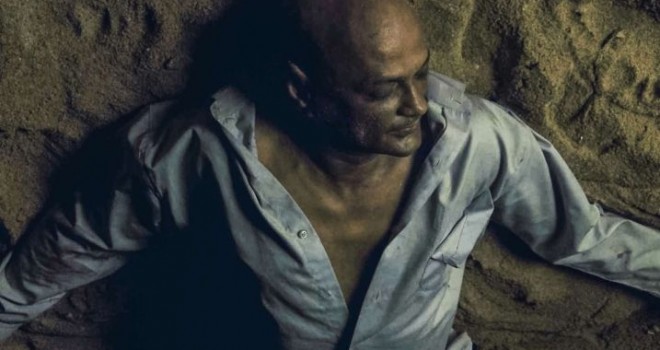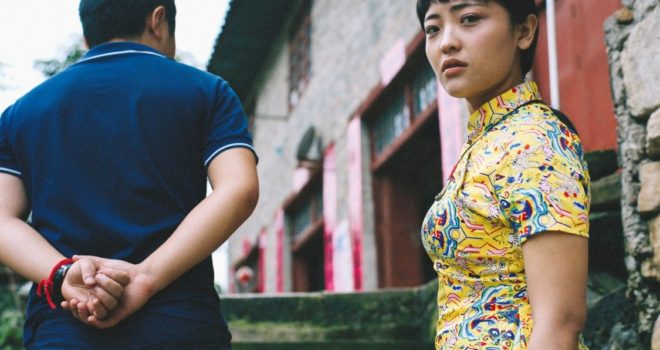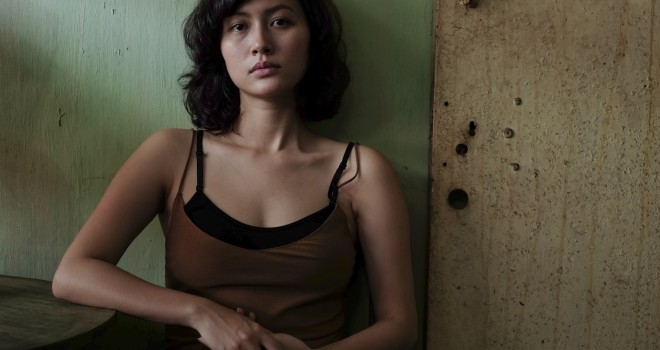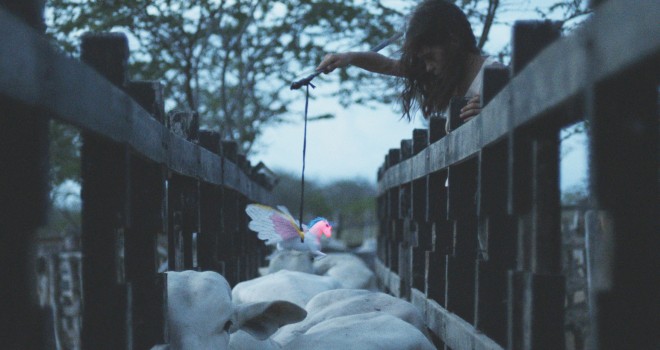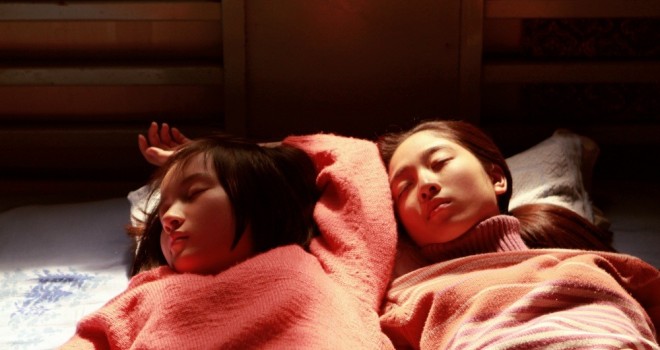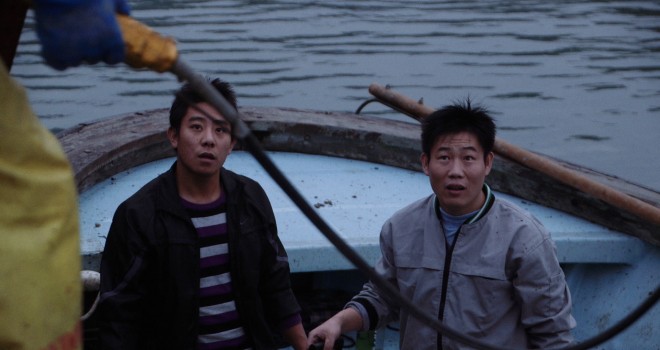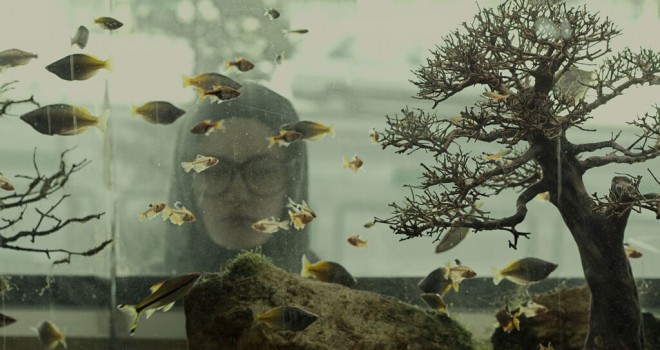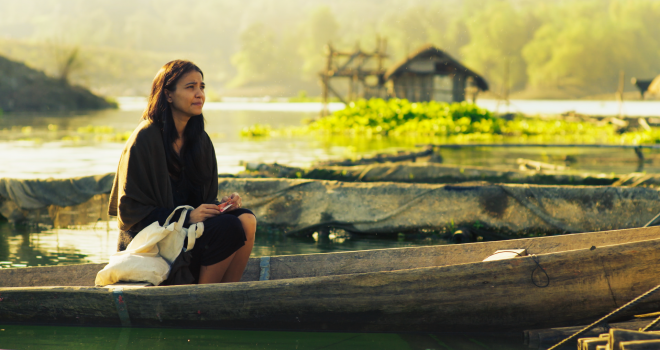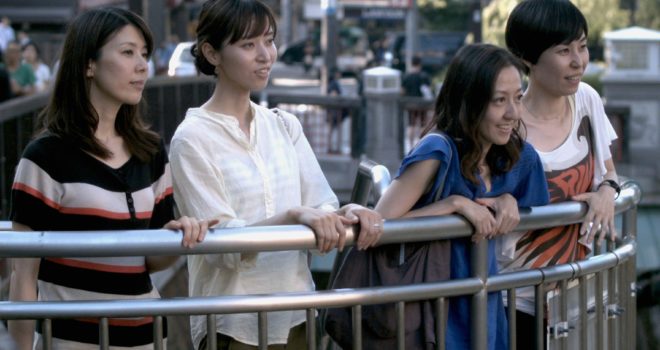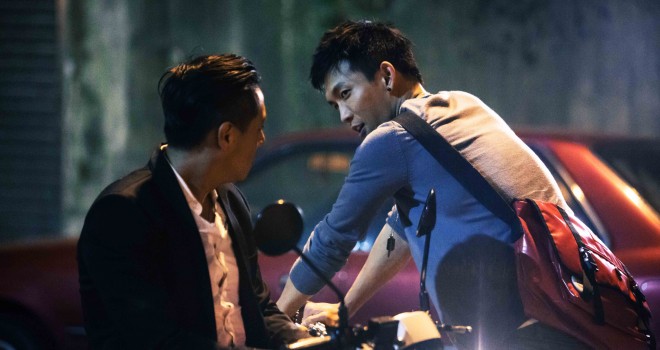What bonds people together ? The ties of blood, friendship, teacher-student relations, transactions… Be they through need or choice, welcome or imposed, linked to transmission or plunder, the 3 Continents Festival 2015 selection brings to light multiple signs that our living-together is in crisis, but also that the momentum is there for people to unite, despite everything.
Here or there, as the recent and persistent economic crises threaten to crush the ambitions and dreams of youth, people are joining together to share the cost of living life and to help each other, like the flatmates in Mekong Stories. We live in crowded conditions, with seasonal workers cooped up in prefabricated cabins, like the oyster fishers in Oyster Factory. The limits of the family circle are growing porous: cousins, friends, neighbours, even colleagues, are now included, forming new patterns and reinvented families, like the small travelling community in Neon Bull. The city outskirts are often a refuge for the excluded, who try to convince themselves that this imposed promiscuity is a happy affair. Then, like the young man in Thanatos, Drunk, we scrutinise from afar the turbulence of the city centre, where humans solely intent on their individual needs mistreat one another, lie, steal and even kill. Some are tempted, as is the monk in Dark in the White Light, to follow a more solitary path of spirituality that will bring (or so he hopes) answers and appeasement, or tempted, like the divorced woman in Happy Hour, to flee a society whose rules oppress and imprison.
Escape or adventure – people travel and ferret around, searching for cheaper, more hospitable places to live, or else they lose themselves en route like the doctor in Kaili Blues, whose initial goal was to find his brother’s son. They spend hours in trains, buses or taxis to reach their workplace, like the young teacher in Paradise, who is nonetheless expected to find enough physical and psychological resources to set the example that her young students are to follow. But what can a schoolmistress do when she is trapped in the middle of a community in crisis, when family ties crack and generosity gives way to selfishness? In Scarecrow, the family is destroyed by a series of lies, and the prevailing moral is one of the relations between social classes. Masks are always in danger of falling and revealing the creditor behind the benefactor or the womaniser behind the husband. Yet, everywhere people are rebelling and refusing a tainted legacy: the teenagers in Nezha see through the dead-end model that teachers and parents are trying to impose on them and they decide for themselves who is worthy of being “close” to them. They make the resolute choice to build their identity by being against.
Faced with the pathetic spectacle of adults mired in inextricable failure, the pure gaze and freed mind of children are, and will always be, life-saving. Despite the reprimands, they will continue to throw a priceless telephone into the river or accuse their teachers of lying. As for cinema, it continues to deliver some invigorating truths and to keep watch over the nights of our world.
Aurélie Godet and Jérôme Baron

